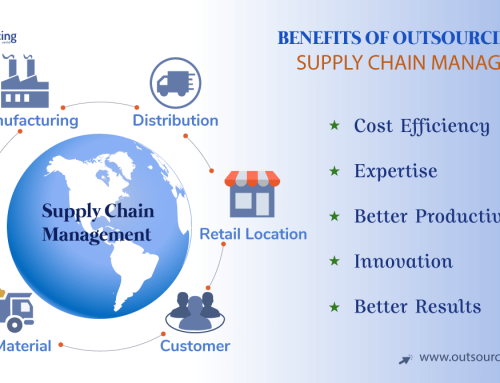How Importance of Supplier Relationship Management in Procurement
Supplier Relationship Management (SRM) plays a pivotal role in successful procurement. It involves a strategic approach to managing and optimizing the interactions with suppliers that provide goods, materials, and services to an organization.
In today’s complex and globalized market, organizations are increasingly dependent on their suppliers to help them deliver goods and services to their customers. SRM becomes crucial in this context as it helps to ensure reliable supply, reduce risks, and identify opportunities for cost reductions or process improvements.
SRM also aids in mitigating supply chain disruptions. By maintaining open lines of communication and fostering strong relationships with suppliers, businesses can more effectively anticipate and manage potential supply chain risks.
Additionally, SRM can unlock new sources of innovation. Suppliers, being experts in their fields, often have valuable insights. And ideas that can contribute to the development of new products or the improvement of existing ones.
Sustainable Procurement: The Benefits of Green Purchasing
Sustainable procurement, also known as green purchasing or environmentally preferred purchasing, refers to the process of purchasing goods and services that have a reduced environmental impact compared to other similar products or services. Here are some benefits of sustainable procurement:
- Environmental Impact: By choosing products or services that use fewer resources, emit fewer pollutants, or create less waste, companies can significantly reduce their environmental footprint.
- Cost Savings: In many cases, sustainable products can help companies save money in the long run. Energy-efficient equipment. For example, often has a higher upfront cost but can lead to significant savings on energy bills over time.
- Risk Management: Sustainable procurement can help companies manage risks related to resource scarcity, environmental regulations, and consumer demand for environmentally friendly products. It can also help companies avoid the reputational damage associated with environmentally harmful products or suppliers.
- Innovation: The quest for sustainability can drive innovation. It can encourage suppliers to develop new, more sustainable products, and can help purchasers find new ways to meet their needs with less environmental impact.
- Market Differentiation: As consumers become more environmentally conscious, companies that prioritize sustainability can differentiate themselves in the market, potentially gaining a competitive advantage.
Impact of Globalization on Procurement Strategies
Globalization has greatly influenced procurement strategies, leading to a transformative shift in how organizations source goods and services. With the world becoming more interconnected, resources, suppliers, and markets have become accessible beyond national boundaries.
However, it’s not just about cost reduction. Globalization has also facilitated the diversification of the supply chain. By not being overly dependent on a single market, businesses can mitigate potential supply risks.
Additionally, they gain exposure to global innovation, tapping into advancements and technologies from around the world. Access to new markets is another advantage, allowing businesses to identify and seize procurement opportunities globally.
Moreover, the ethical and sustainability aspects of procurement have come to the fore. Businesses are increasingly under pressure to ensure their global suppliers adhere to environmental standards and fair labor practices.
Ultimately, to harness the potential of globalization in procurement. Businesses need to adopt a strategic approach that balances cost-effectiveness, risk management, ethical considerations, and leverages digital technologies effectively.
5 Most Important Tips On Procurement While Looking For A Provider
Here are our top tips for hiring procurement services:
- Begin With the Fundamentals: Your search will be built on the foundation of an internal assessment in procurement outsourcing.
- Make a List of Your Requirements: You can begin gathering your precise procurement outsourcing requirements once you have a clear picture of your present customer service position.
- Ask the Appropriate Questions: To make the best decisions, it’s critical to ask the appropriate questions.
- Keep an Eye Out for Collaboration and Value: While we believe that cost-cutting and efficiencies are important, you must strike a balance between pricing and service quality while procurement outsourcing.
- Obtain On-Site Assistance: After you’ve narrowed down a few candidates who passed the RFP phase, the following step is to schedule a site visit.
Conclusion
Effective procurement is a fundamental aspect of a successful business strategy. It plays a crucial role in managing costs, ensuring the timely delivery of goods and services, driving innovation, and managing risks in the supply chain.
The rise of sustainable procurement practices reflects the growing emphasis on environmental and social responsibility in business operations.
In the era of digital transformation, e-procurement tools are revolutionizing procurement processes, offering increased transparency, efficiency, and data-driven insights.






